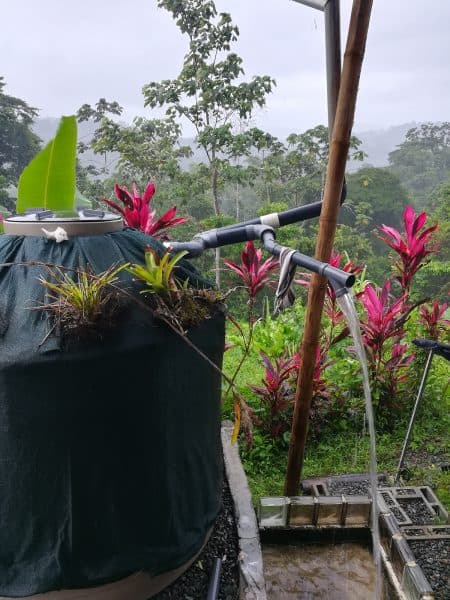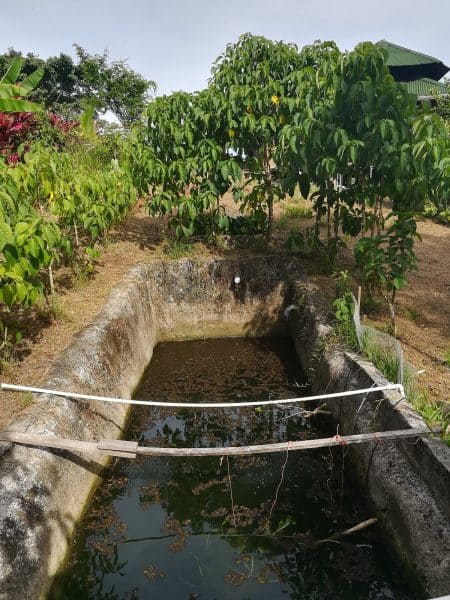I still remember the day I was asked to teach thermodynamics to a class of third year engineering students. I was terrified because I hated the topic when I took it as an undergrad. Years later, it was still one the most dreaded courses among the students.
Thankfully, I resisted the urge to argue for an easier course or a smaller class. What I learned in the process was truly transformative.
There are two main laws of thermodynamics.
The first basically says that the total amount of energy in the universe always stays the same, which seems like good news.
The bad news, and that’s where the second law comes in, is that although the quantity of energy remains the same, its quality always degrades. This is like saying that even though I have the same number of muscles in my body, they become less effective as I age.
Often called the “second law of everything,” its application is universal. The second law imposes limits on what we can do and perhaps this is why many tend to resent it. You may ask why I started by telling you about the second law of thermodynamics in an article about sustainability.
Well, sustainability at its simplest is “the ability to endure,” and to endure, we must understand our limits.
Our limits, according to the second law, are defined by the degradation of the quality of resources we depend on. For example, the total amount of water in the world — in all its forms — stays the same but its quality degrades with use or through human impact.

We have done well in increasing the amount of what we use at the expense of diminishing quality. For example, we now produce more food — measured by calories — than ever before, while nutrition — a measure of food quality — has continued to decline.
Overall, we earn more money but our wealth — measured by the buying power — has diminished. We live longer, but many argue that our quality of life — measured by emotional well-being and wealth inequality — has gone down. We are connected to hundreds of people on social networks, but it seems that the quality of relationships has lessened.
At first, it may seem obvious that we must pay attention to sustaining the quality of what we do and produce. But in this simple concept lie complex and often poorly explored implications. Part of our resistance in discussing quality is the less tangible nature of it. It is easy to measure and report things as kg, liters, calories, etc., but far more difficult to measure their qualities.
After all, qualities like beauty, can be in the eye of the beholder. The lack of consistent ways to measure quality also points to the fact that we have placed less importance on it.
For example, when discussing the water crisis, we read that on average, a person in the United States uses 340 liters of water per day. This is alarming, but what’s more alarming and less discussed is that all this water is of a very high quality — highly purified.
So, it’s bad enough to use so much water, but it’s even worse to use so much purified water for purposes that often do not demand it: flushing toilets, washing cars, watering lawns, etc. This is also true with energy and other necessities.

It also leads to a more diverse approach to managing water with improved flexibility and adaptability. Of course, this does not negate the attempts to reduce the amount of water used, but it goes far deeper than basic conservation.
If you apply this principle to heating and cooling buildings, you may realize that heat pumps are far more sustainable means of climate control than typical air conditioning and conventional heating systems.
Incorporating quality into our understanding of sustainability implies that we must find better ways to define and measure quality, and more diverse approaches to prevent its rapid degradation.
Although I don’t feel that I have defined sustainability in this short article, I am hopeful that you may find ideas relevant to your own search for sustainability.
In the next article, I will offer a basic examination of the assumptions that we often take for granted and how they have a significant impact on our understanding of sustainability.
As always, I do appreciate your feedback via khosrowf@gmail.com.
Read more of Dr. Farahbakhsh’s “In search of sustainability in Limón” series here:
Dr. Khosrow Farahbakhsh is a former professor of sustainable engineering from Canada currently residing near Cahuita, Limón with his wife.
They’re living off the grid and produce their own food and host workshops on sustainability.

